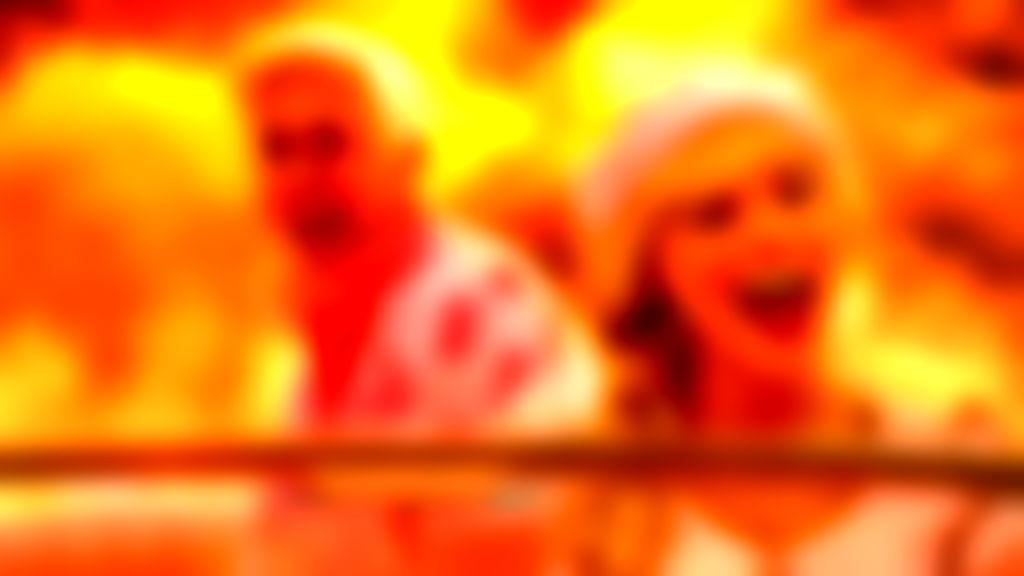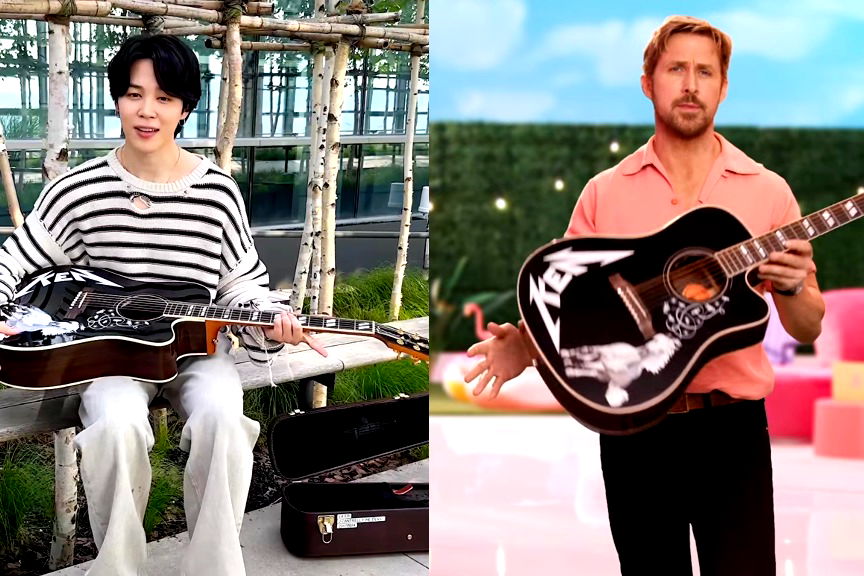Warner Bros. apologizes after ‘Barbenheimer’ atomic bomb memes spark anger in Japan


The “Barbie” and “Oppenheimer” films are being boycotted by social media users in Japan after the official “Barbie” Twitter account positively replied to “Barbenheimer” memes featuring atomic bomb jokes.
The controversial replies: The now-deleted posts included a poster of “Barbie” star Margot Robbie with “Oppenheimer” star Cillian Murphy against a backdrop of apocalyptic flames, to which the U.S. “Barbie” account replied, “It’s going to be a summer to remember.”
In another post, Robbie and her co-star Ryan Gosling drive away from the apocalyptic flames in their backdrop. “We’re always thinking PINK,” the U.S. “Barbie” account wrote.
In a tweet by a moviegoer, Robbie’s hair was edited into the shape of an atomic bomb mushroom cloud. In a response to the tweet, the U.S. “Barbie” account wrote, “This Ken is a stylist.”
#NoBarbenheimer: Japanese netizens were angered by the U.S. account making light of atomic bombs.
“Barbie” is set to be released in Japan on Aug. 11, just days after the anniversaries of America’s atomic bombings at Hiroshima and Nagasaki on Aug. 6 and 9, respectively.
The hashtag #NoBarbenheimer trended on social media in Japan, with many users saying that they have canceled their plans to watch the Greta Gerwig-directed film.
“Oppenheimer” currently does not have a release date in Japan, leading to speculation that the movie may not be released in the country. However, an official ban on the film seems unlikely, as Japan upholds freedom of speech. The biographical film’s distributor, Universal Pictures, said it “wasn’t aware” of the controversy over Barbenheimer in Japan, according to The New York Times.
Japanese “Barbie” account statement: Due to the heavy backlash, the Japanese “Barbie” Twitter account recently released a statement, noting that what the U.S. “Barbie” Twitter account wrote was “extremely regrettable.”
“We take this very seriously and are asking the U.S. head office to take appropriate action. We apologize to those offended by these inconsiderate actions,” the Japanese account wrote, according to The Guardian.
Warner Bros. Film Group apology: Warner Bros., which is “Barbie’s” distributor, has also responded to the backlash, issuing an apology and agreeing to remove the offensive tweets.
“Warner Brothers regrets its recent insensitive social media engagement. The studio offers a sincere apology,” the company told Variety on Tuesday.
While some Japanese netizens welcomed the apology, others continued to criticize the “Barbie” team.
“Summer to remember that to the Barbie film team and to Hollywood more than 200,000 deaths by the end of 1945 (and half a million so far) by two atrocious bombs are something they feel comfortable joking about to promote their precious summer blockbuster,” one user tweeted.
Other criticism: This is not the first time the “Barbie” movie has come under fire in Asia.
Last month, it was banned in Vietnam due to a scene with a map that includes China’s “nine-dash line” in the South China Sea, which The Hague repudiated through international arbitration in 2016. The Philippines, which is also affected by the South China Sea dispute, asked Warner Bros. to blur the line instead of banning “Barbie” in the country.
Meanwhile, “Oppenheimer” came under fire in India for referencing a sacred Hindu text during a sex scene. The movie is also being criticized for not sharing the stories of those who were affected by the development of the atomic bomb, including the Japanese bombing victims and the residents of New Mexico, who suffered health consequences by living near the site where the bomb was tested.
Share this Article
Share this Article






